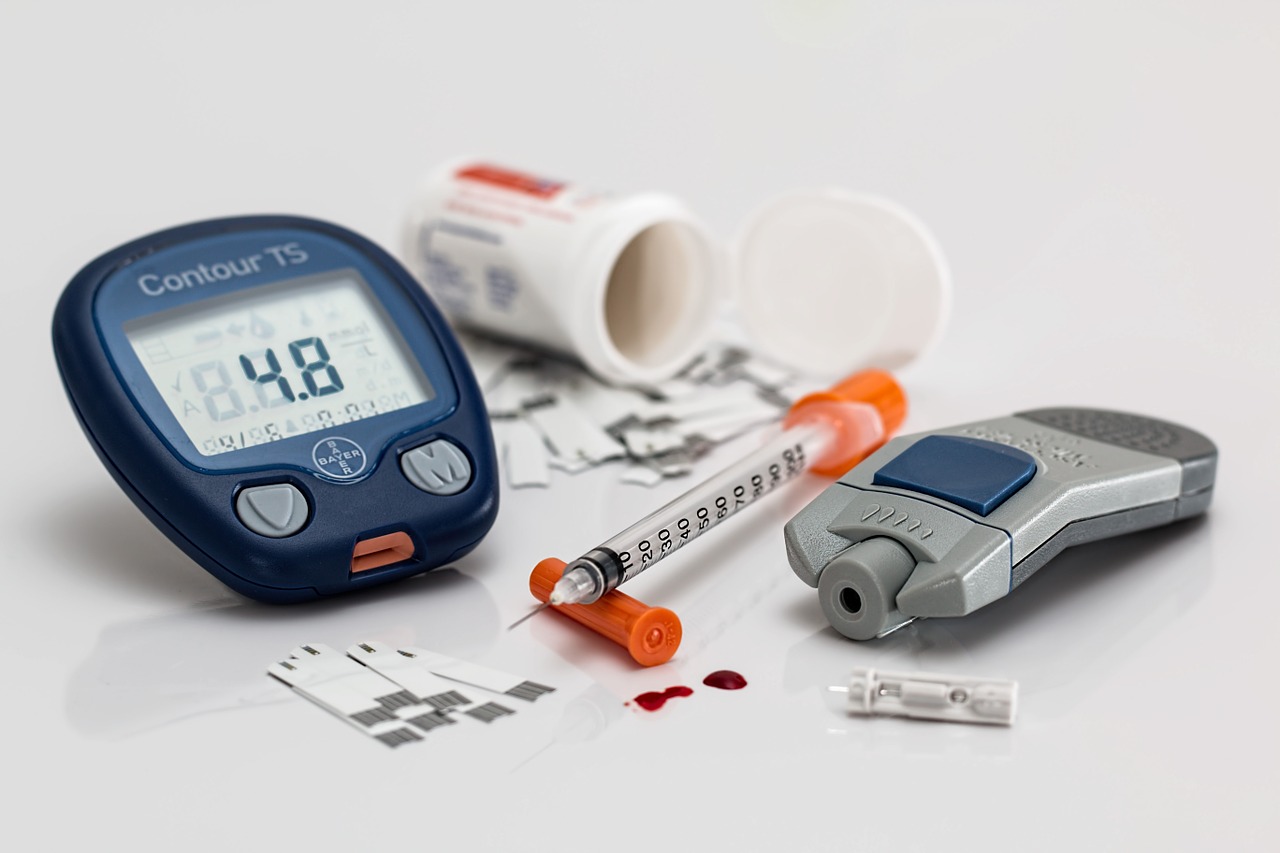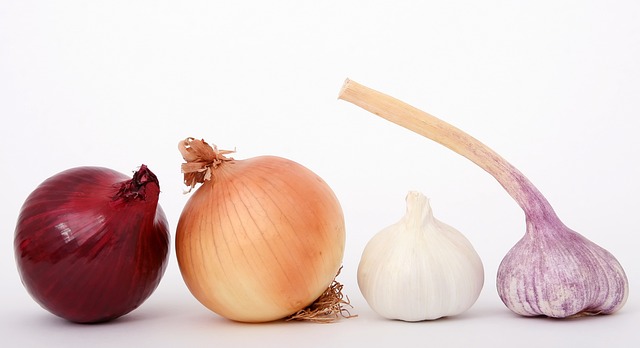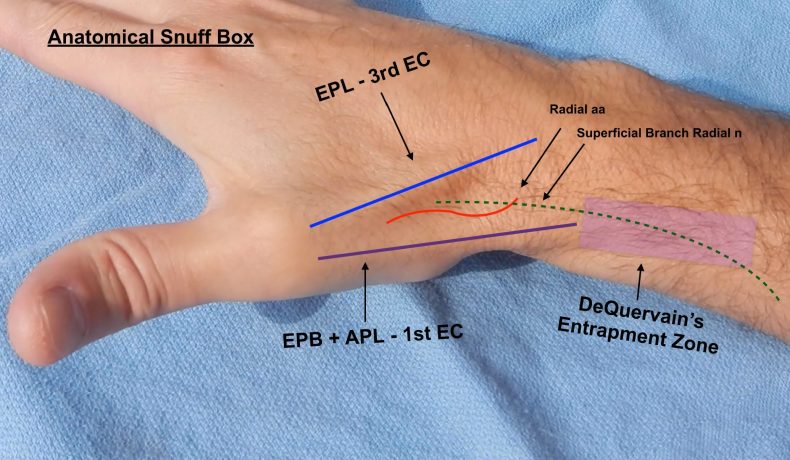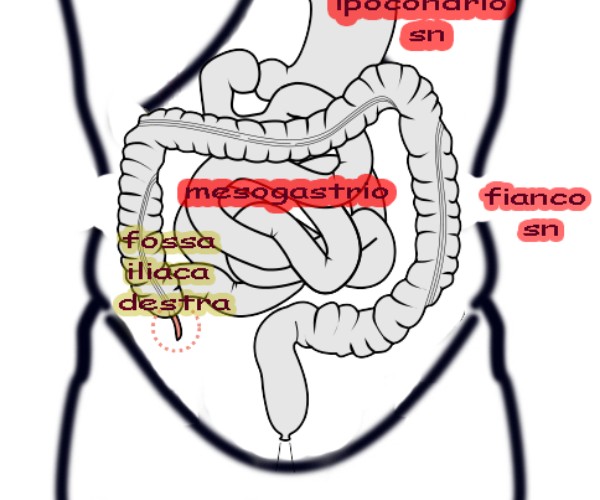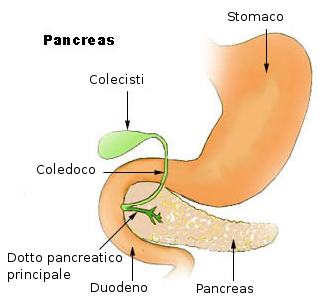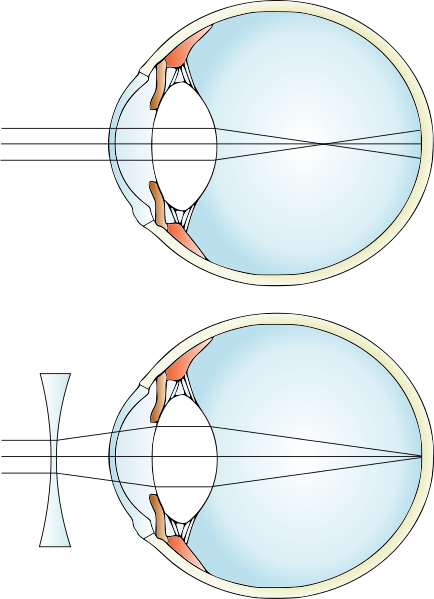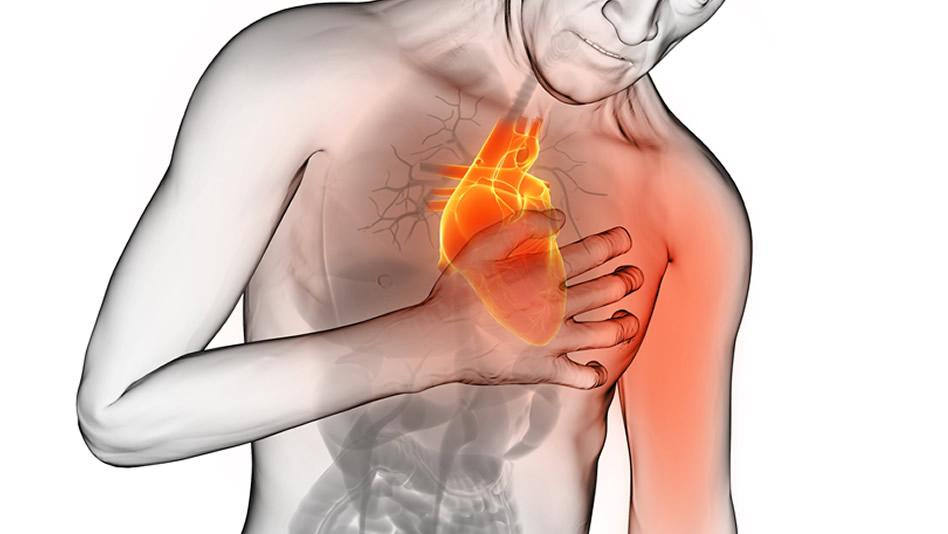Probiotics are healthy strains of live bacteria and yeast; taking them can provide a number of benefits, but they can also cause side effects. An article in Medscape clarifies how probiotics promote health and how they can be safely taken.
As is well known, there are billions of bacteria and other microorganisms living in the gut-this community makes up the gut microbiota, and more and more research is showing its importance for digestion, gut health, and the whole body, for example, through supporting the immune system. Many bacteria provide benefits to their human hosts, but others cause harm: altering the natural balance of bacteria in the gut can lead to some problems. Products such as certain yogurts, supplements, and fermented foods, including kefir, sauerkraut, and tempeh, contain probiotics, and numerous research suggests that their consumption can lead to an increase in healthier bacteria, which help restore the balance of the gut microbiota.
There is evidence on the positive effects produced by probiotics for various conditions: eczema, obesity, insulin resistance, type 2 diabetes, nonalcoholic liver steatosis, and immune system function.
However, some side effects may occur. Among these, experts list: digestive symptoms, skin problems, allergy risks, increased risks of infections, and bacterial overproliferation syndrome (Sibo).
Finally, albeit rarely, beneficial probiotics may contain antibiotic-resistant genes and could transmit these genes to other strains of bacteria, including dangerous and infection-causing ones. Manufacturers routinely test for antibiotic resistance in the probiotic strains placed on the market; therefore, the advice is to always obtain probiotics from reputable manufacturers.
More generally, it is recommended to read the labeling carefully and not to exceed the indicated dosage, although very little evidence suggests the possibility of probiotic overdose. However, if a probiotic is suspected of causing symptoms or side effects, its dosage should be reduced or its intake discontinued.





